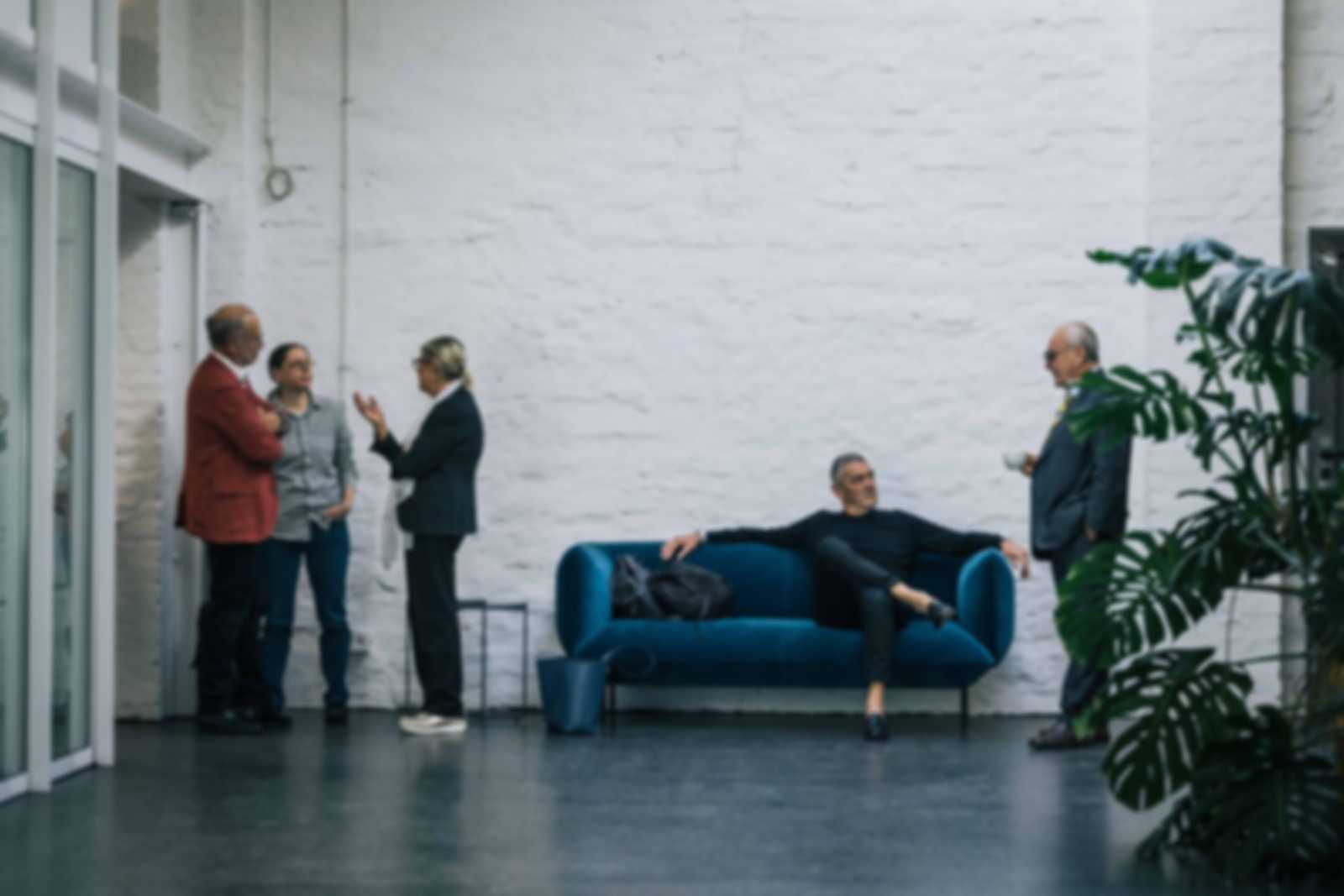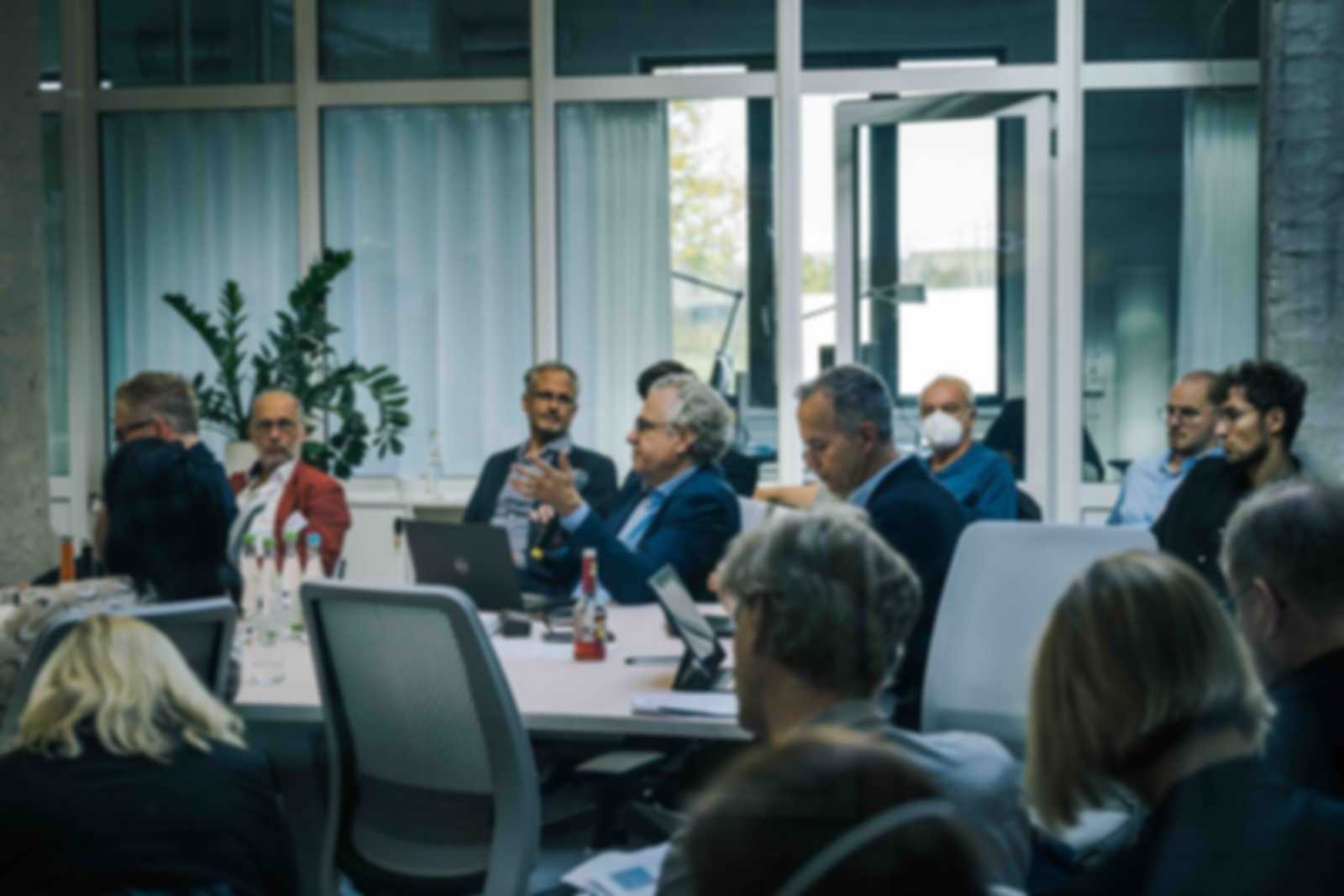CHALLENGE ON ANTIVIRAL AGENTS ENTERS STAGE 2
Six teams receive 1.5 million euros each for the development of new antiviral agents
At the latest since the Covid 19 pandemic, we know: Viruses are a threat to human health worldwide. Despite the considerable success of vaccines, additional antiviral drugs are needed to help those who are ill. The risk of new pandemics will continue to exist in the future, which is why we need to expand the repertoire of antivirals with broad-spectrum effects that can be used immediately. It is not possible to estimate when these agents will be needed. For this reason, investing in research and development in this area involves a particularly high financial risk for research-based companies. To ensure that this urgently needed development is nevertheless driven forward, the Federal Agency for Breakthrough Innovation has called for this first SPRIND Challenge in the summer of 2021. Here, teams compete in parallel with different solution strategies to find the most promising active substances in the fight against viral diseases in a competition over three years.
NINE TEAMS STARTED INTO THE CHALLENGE
After the 2021 competition was announced, a renowned jury from business and science, headed by Quiagen co-founder Detlev Riesner, decided which nine teams would start the search for new antiviral agents. Funded with up to 700,000 euros, they broke new scientific ground using highly innovative technology and unprecedented concepts. All the teams were united by a common goal: the most direct route possible to an approvable product. The teams received active coaching support from Biopharma Excellence and were able to share their experiences with experts from the biotech ecosystem such as Eicke Latz and Ingmar Hoerr during the Challenge Days in Leipzig.
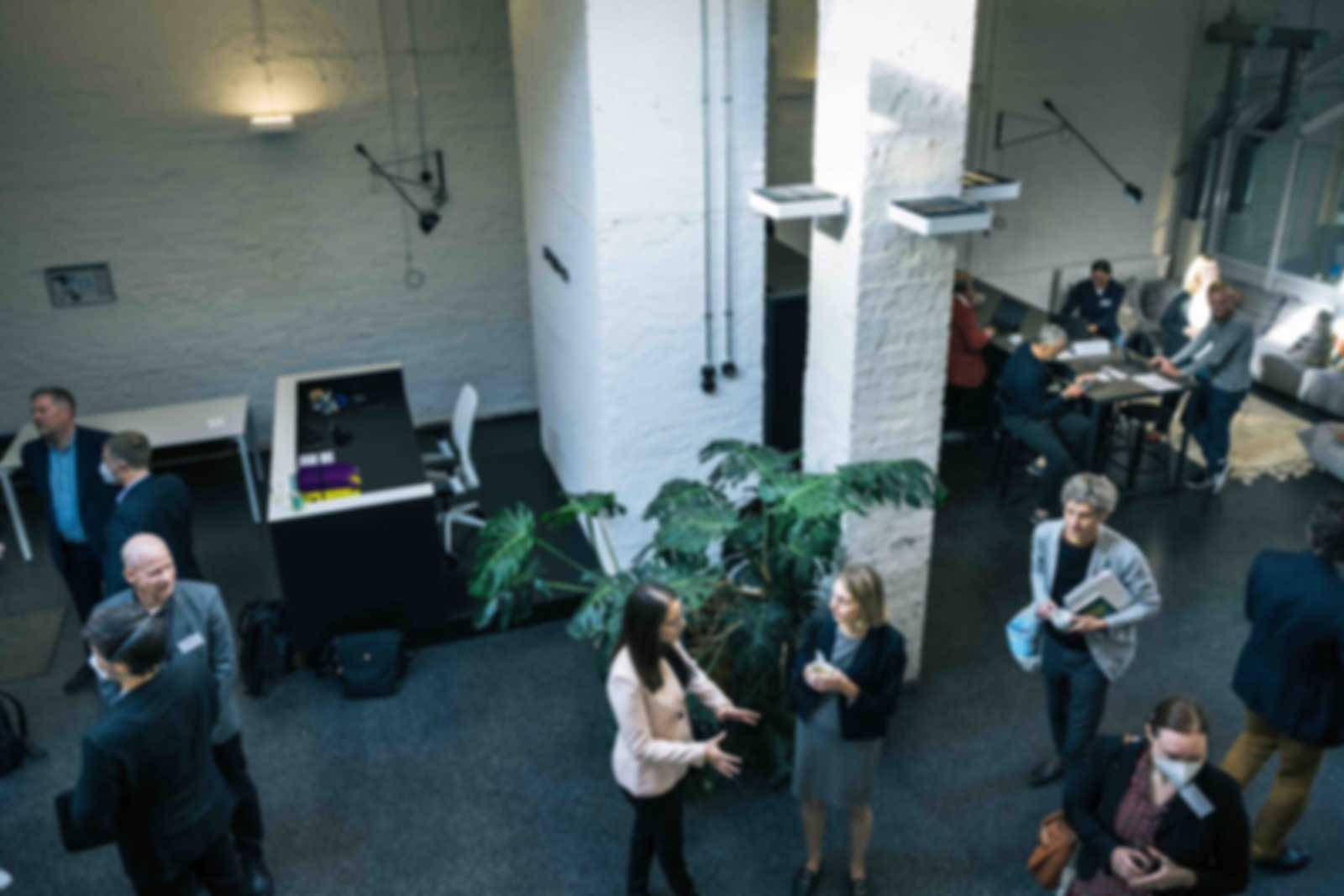

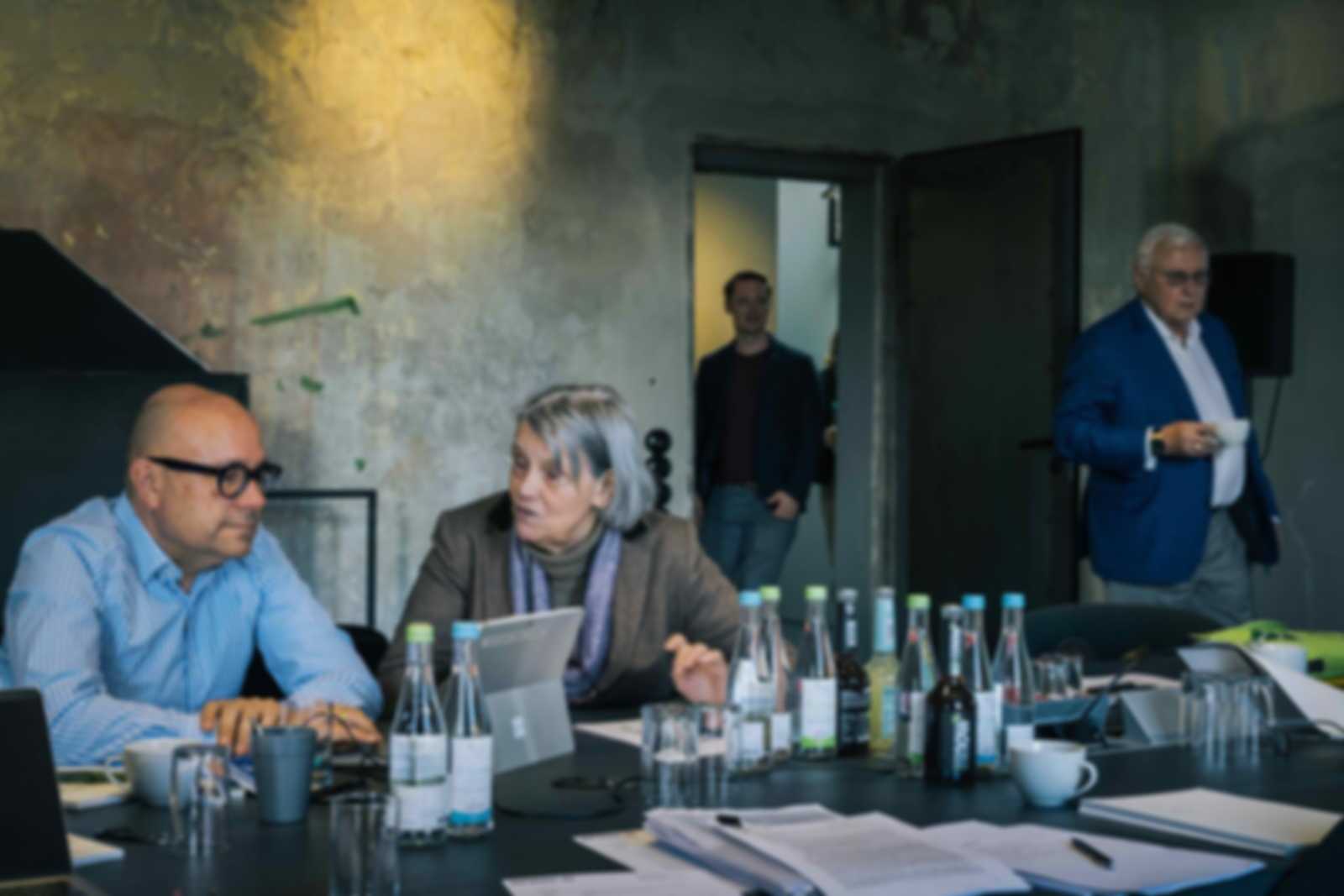
About one year after the start of the Challenge, the nine teams competed again in front of the jury in October 2022. For the following year, the German Federal Ministry for Economic Affairs and Climate Action will provide up to 1.5 million euros per team. In addition to the presentation to the jury, the teams were also given the opportunity to present their projects to renowned investors on site and virtually. The aim is to establish contact with investors from the beginning to bring the innovative products to market as quickly as possible.
Based on scientific and economic criteria, the jury selected six teams for the second stage of the Challenge.
These teams convinced the jury with their ideas for a quantum shift for new antiviral drugs:
• Virus Trap – a completely novel technology for trapping viruses using nanoshells made of DNA (Prof. Dr. Hendrik Dietz, TU Munich)
• RNA-drugs – binding of previously pharmacologically ignored non-coding RNA sequences by small molecules (Prof. Dr. Harald Schwalbe, Goethe University Frankfurt am Main)
• PROTAC-powered antivirals - the direct decomposition of viral components by proteasomal degradation (Prof. Dr. Mark Brönstrup, Helmholtz Centre for Infection Research)
• MucBoost - the immediate binding of viruses already in the lungs via bispecific peptides (Dr. Daniel Lauster, FU Berlin)
• CRISPR/Cas13-mediated antiviral therapy - the targeted use of evolutionary optimized gene scissors for virus defense (Prof. Dr. Elisabeth Zeisberg, University Medical Center Göttingen)
• iGUARD platform - AI-based RNAi design for antiviral therapy in the lung (Prof. Dr. Axel Schambach, Hannover Medical School)
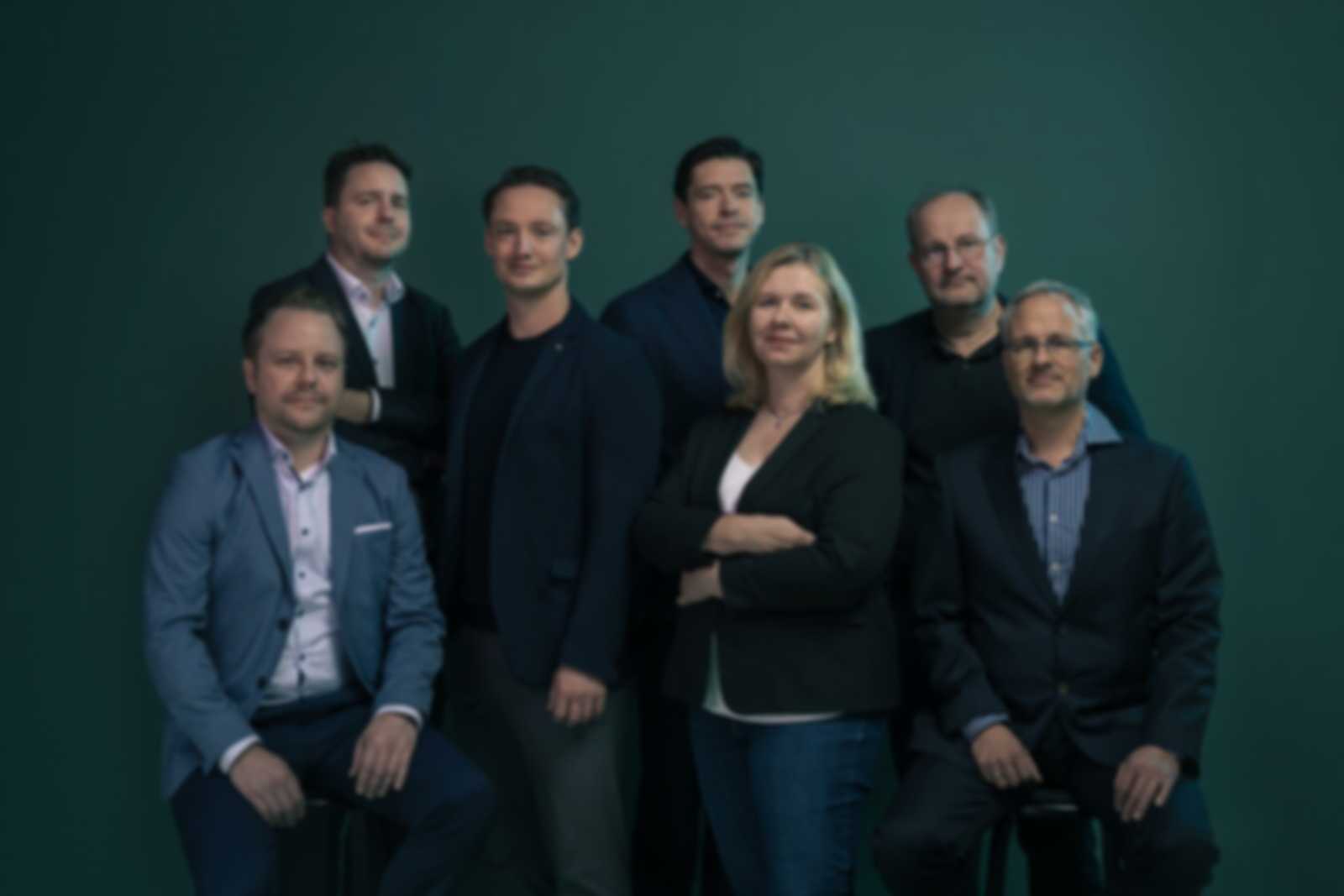
ONE YEAR UNTIL THE NEXT JURY MEETING
Following the second stage of the Challenge, the jury will meet again next fall to discuss the interim results, which will be used to decide which teams will advance to the next and final stage of the Challenge and continue to be funded by SPRIND. In the meantime, the teams continue to develop their innovative methods and face initial commercial hurdles such as GMP material production and toxicology studies.
SPRIND Challenges
SPRIND Challenges are innovation competitions that aim to generate solutions to the grand societal and technological challenges of our time. They create the vision of a better future and gather the scientists, innovators and entrepreneurs who can make this vision a reality. That's why Challenge teams are funded quickly and without unnecessary bureaucracy, and immediately launch into a multi-stage competition. At the end of each stage, the teams' work is evaluated and only the most promising remain in the Challenge and receive further financial support to develop their idea.
More information on the challenge A Quantum Shift for New Antivirals
can be found here.
For Breaking Lab's YouTube video on the Challenge, go here.
